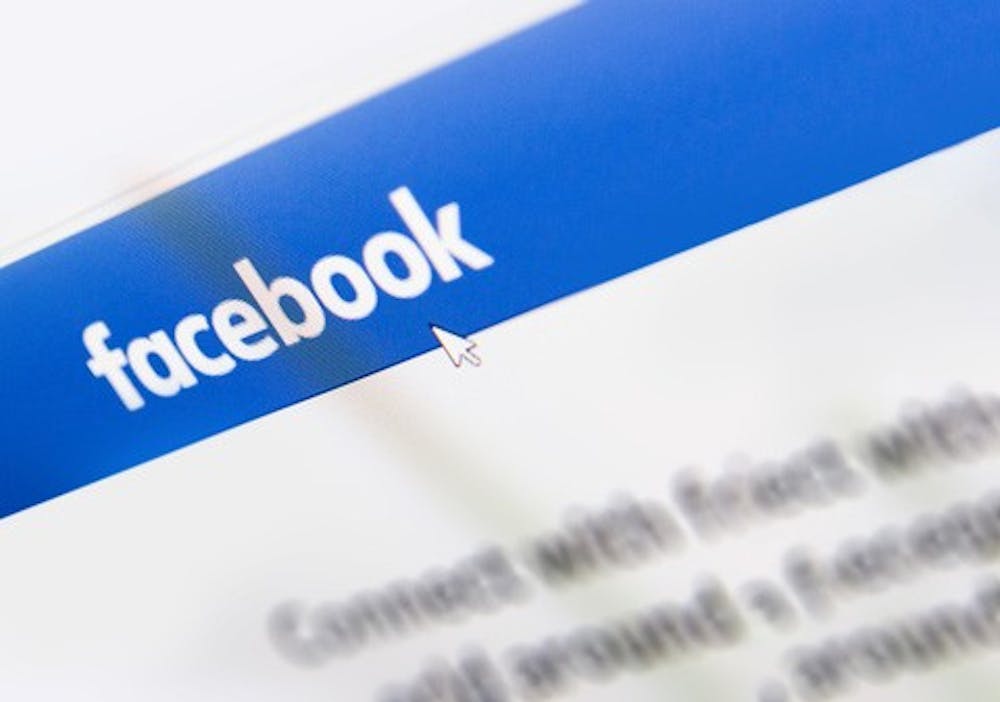We live in a society filled with excess. Entertainment, material possessions and food have optimized over time to attract the greatest number of customers, and nothing attracts more customers than bigger, better products.
The same can be said of our political climate. We get much of our political news from the same source as our entertainment — social media. Because of this, politics follows the same basic rules as entertainment for attracting the biggest audience: there needs to be a story with a clearly defined hero and villain.
People click on headlines because they are interesting. A headline that reads “Local man rescues kids from burning orphanage” presents itself as more interesting than “City officials discuss new zoning development.”
The former story’s hero, the selfless man, thwarted the diabolical plans of the anonymous villain, who, I suppose, can only be a guilt-ridden individual who forgot that microwaves and aluminum foil historically haven’t mixed.
Political figures tend to have very different solutions to problems compared to their counterparts across the aisle. We have divided ourselves into these factions because we have different ideas of how government should function to best serve the people, and there is power in numbers. However, we tend to misidentify those who disagree with our ideas as our enemies — our villains.
It’s important to remember that everyone is the hero in their own story. Despite how some things may seem from our perspective, politicians across the aisle — more aptly described as an ocean — have the best in mind for the nation. These ideas call inspiration from personal values and experiences of that politician and their constituents.
A common complaint against “the media,” meaning mainstream news sources, is an implicit political bias towards a particular side. For example, CNN and Fox News are often touted as left-leaning and right-leaning sources, respectively. While news sources strive to be as objective as possible, it can be undeniably advantageous to cater to a specific base.
When a news headline is interesting to the “customers” of one of these sites, they are more likely to click the headline and read it. More clicks generate more ad revenue to keep the company afloat. The best way to maintain a consistent amount of cash flowing into the company is to maintain a consistent base of users — and cater to what they want to see.
After all, it’s entertainment.
We want heroes, and we want villains. It’s an echo of our tribal days centuries ago. But we have to move beyond, despite how intoxicating it may be.
Start by being more skeptical of everything you read. Examine situations from different angles. Try on someone else’s shoes and walk a bit. Learn why people believe the things they do.
If we can understand our differences, we can see our similarities. Maybe then we won’t have to shut everything down because we don’t know how to compromise.
Trice Brown is a freshman in mathematics education and writes for The Auburn Plainsman.
Do you like this story? The Plainsman doesn't accept money from tuition or student fees, and we don't charge a subscription fee. But you can donate to support The Plainsman.





